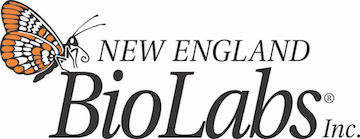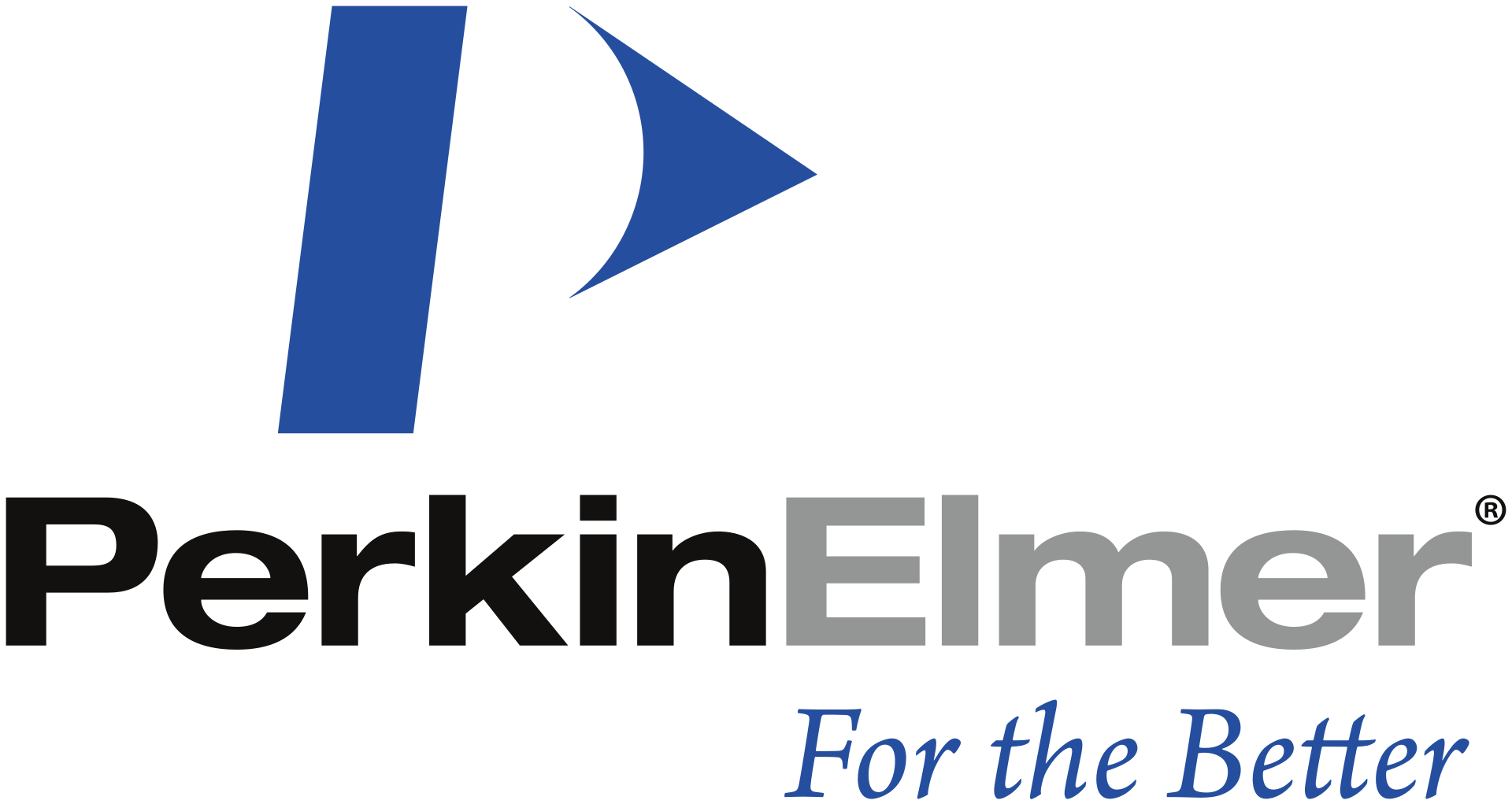About

Training Program Overview
This training program consists of two components:
1. The Short Course on the Genetics of Addiction: A 3-week online course to learn about the multidisciplinary, foundational concepts that underlie the genetics of addiction. The virtual course meets Mondays, Wednesdays and Fridays beginning February 21 and ending March 9 and includes live and asynchronous instruction in addiction genetics and genomics, and live discussion sessions with biomedical researchers who work in the field. Topics to be covered include genetic contributions to the disease of addiction; the basis and analysis of complex trait genetics; and methods and populations for genetic studies of addiction in model organisms.
The short course is free for all participants associated with academic institutions. We strongly encourage participation by individuals from underrepresented and disadvantaged groups and backgrounds, and participants are encouraged to integrate this course material and discussions into their own course offerings.
2. An in-person, mentored research experience at JAX in Bar Harbor, Maine starting Summer 2022 for faculty-level course participants. Faculty-level course participants can apply for an opportunity to come to JAX (Bar Harbor, Maine) with two trainees (post-doctoral, graduate or undergraduate) for a grant-supported, multi-week, research experience mentored by JAX host faculty, starting summer of 2022.
Get access to world-class research resources, technologies, training and career mentoring needed to launch innovative new education and research programs in addiction biology. Faculty-trainee teams will be hosted at JAX by program mentors, where they will make use of the advanced research resources at JAX to learn techniques needed to augment their research into addiction-related phenomena through the incorporation of mammalian genetics and genomics. The goal is to have faculty-trainee teams return to their home institutions with knowledge, skills, data and resources to support follow-on education, research, and presentations, and to further disseminate the knowledge and skills to additional trainees. If you would like to be considered for this program, please indicate your interest directly in the course registration.
WHO SHOULD PARTICIPATE?
This course is be appropriate for participants who are currently undergraduates, graduate students, postdoctoral fellows, and faculty, and who have career interests related to addiction genetics education, research, and biomedicine. Participation by individuals and faculty-trainee teams from underrepresented and disadvantaged groups and backgrounds is strongly encouraged. The short course is free for all participants associated with academic institutions.
We strive to host inclusive, accessible events that enable all individuals, including individuals with disabilities, to engage fully. To request an accommodation or for inquiries about accessibility, please contact Erin McDevitt at 207-288-6659 or erin.mcdevitt@jax.org.






















